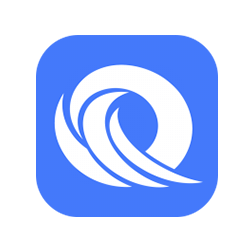In the rapidly evolving world of 3D printing, the role of 3D printer software cannot be overstated. This software serves as the bridge between your design and the physical object you wish to create. Understanding its essential features is crucial for both beginners and seasoned professionals alike.

What is 3D Printer Software?
3D printer software is a specialized program that converts 3D models into instructions that a printer can understand. These instructions, known as G-code, dictate how the printer should move, extrude material, and build the object layer by layer. But what features should you look for in a good 3D printer software?
Key Features of 3D Printer Software
- File Compatibility: Ensure that the software supports various file formats such as STL, OBJ, and AMF. This compatibility allows you to work with different design tools.
- Slicing Capabilities: The slicing function is essential as it translates your 3D model into G-code. A good slicer will optimize the print settings for speed and quality.
- Customization Options: Look for software that allows you to adjust parameters like layer height, infill density, and print speed. This flexibility can significantly impact the final product.
- User Interface: A user-friendly interface can make a significant difference, especially for beginners. Intuitive navigation and clear instructions can enhance the overall experience.
Popular 3D Printer Software Options
There are numerous 3D printer software options available, each with its unique features. Some of the most popular include:
- Cura: An open-source slicer known for its versatility and extensive community support.
- PrusaSlicer: Tailored for Prusa printers, it offers advanced features and a straightforward interface.
- Simplify3D: A premium option that provides powerful slicing capabilities and excellent support generation.
How to Choose the Right 3D Printer Software
Choosing the right 3D printer software can be daunting. Consider the following factors:
- Your Skill Level: Beginners may prefer software with a simpler interface, while advanced users might seek more customization options.
- Printer Compatibility: Ensure that the software is compatible with your specific printer model.
- Community and Support: A strong user community can provide valuable resources and troubleshooting assistance.
Conclusion
In conclusion, understanding the essential features of 3D printer software is vital for anyone looking to delve into the world of 3D printing. By selecting the right software, you can enhance your printing experience and achieve better results. For more information on software and firmware updates, visit  .
.













